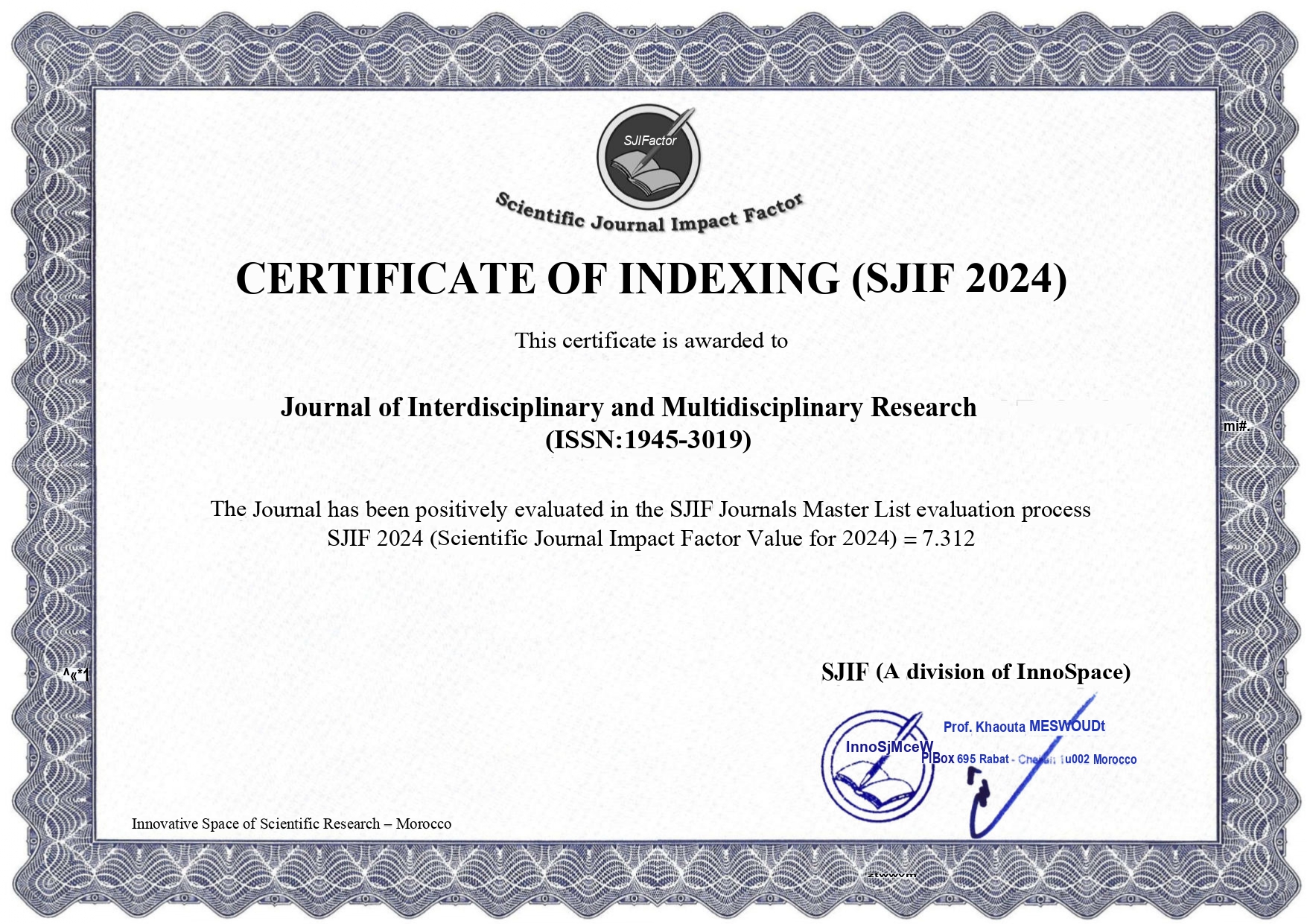Role of Farmers’ Organization in Agricultural Development: A Case Study of Khangabok Village in Manipur
DOI:
https://doi.org/10.5281/zenodo.16940392Keywords:
Agricultural Development, Farmers’ Organization, Rural Economies, Farmer Producer OrganizationsAbstract
Agriculture plays a vital role in sustaining the rural economy of Manipur, where most households rely on smallholder and subsistence farming. However, challenges such as limited access to modern inputs, poor market linkages, and financial constraints hinder agricultural growth. This study investigates the role of farmers’ organizations in fostering agricultural development in Khangabok village, Thoubal district, Manipur. Using an ex-post facto research design, data were collected through surveys, interviews, and focus group discussions with 50 farmers (30 members and 20 non-members) and office bearers of local organizations. The findings reveal that farmers’ organizations comprising cooperative societies, registered associations, and farmers’ clubs significantly enhance agricultural productivity by ensuring timely access to quality inputs, mobilizing resources, facilitating irrigation, and organizing training on modern farming practices. Nearly 90% of respondents acknowledged benefits such as subsidized inputs, improved yields, and access to government schemes. Moreover, these organizations foster collective bargaining, strengthen linkages with agricultural institutions, and promote sustainable practices like crop rotation and organic farming. Beyond agricultural gains, they also contribute to improved socio-economic conditions, including higher household income, better access to education and health, and stronger community resilience. Despite these positive outcomes, challenges remain in terms of inclusivity, sustainable financing, and infrastructural support. The study underscores the pivotal role of farmers’ organizations in advancing rural development in resource-constrained regions like Manipur and highlights the need for policy interventions to strengthen and scale up such models.
Downloads
Published
Issue
Section
License
Copyright (c) 2025 Saikhom Sanahanba Singh, Bidya Kangjam (Author)

This work is licensed under a Creative Commons Attribution 4.0 International License.






